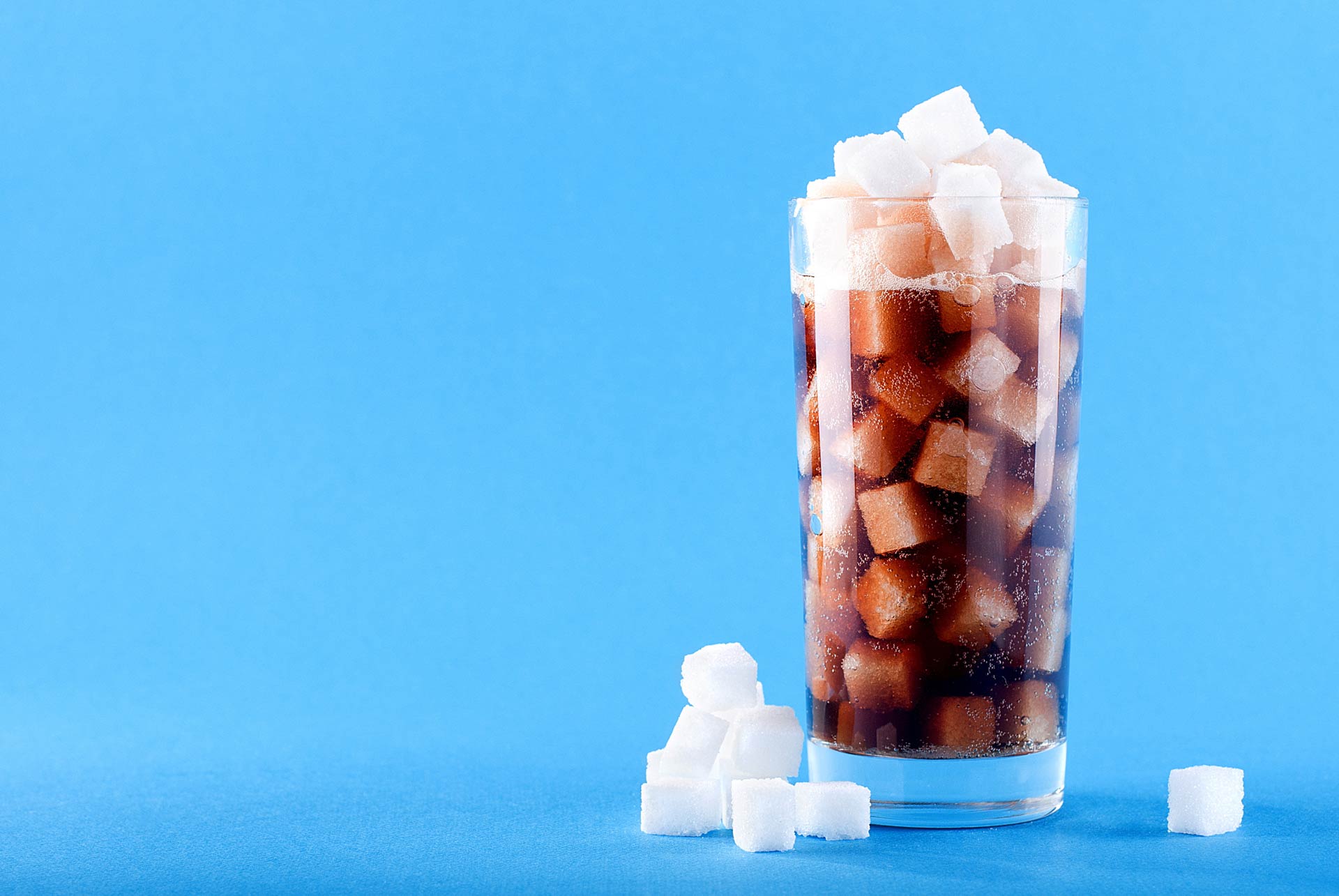It’s been a few months since Liz Truss threatened to scrap the Soft Drinks Industry Levy, but as Easter approaches, a time traditionally celebrated with high-sugar treats, we wonder just how impactful the levy has been.
Research continues to show that diet has a significant impact on our oral health, not to mention our overall well-being, so here we look at the details of the Soft Drinks Levy, the role it plays in our dietary choices in the UK, and the things to remember to protect our teeth and gums.
How successful has the levy been?
The Soft Drinks Industry Levy was introduced in April 2018 as an anti-obesity policy. Essentially, the scheme means that a levy is paid to HMRC for soft drinks containing high sugar. The hope was that this levy would reduce obesity-related NHS expenditure and increase public health standards by changing behaviours and encouraging consumers to seek lower sugar alternatives.
In terms of its effects, the sugar tax, as it’s also known, raises £300m a year for the Treasury at a recent count, and it has certainly impacted manufacturer behaviour, resulting in a 30% reduction of sugar content in many soft drinks. On a consumer level, some studies have shown that this levy has led to a 10% sugar reduction within households.
What the experts say about the sugar tax
For a long time, dental professionals have advised patients to consume less sugar. A known cause of issues including tooth decay and gum disease, high-sugar food and drinks have a lasting impact on our oral health. Most importantly, these are things patients can avoid, making it an easy choice in preventative care.
The ‘sugar tax’ has won support from experts in the field since 2018 for its impacts on communities. Matthew Garrett, dean of the Faculty of Dental Surgery, commented in a recent article, “tooth decay is consistently the main reason children aged five to nine are admitted to hospital, and yet tooth decay is almost completely preventable. Now is not the time to scrap the sugar tax and other initiatives which could improve the nation’s oral health.”
Mick Armstrong, BDA health and science chair reinforced this view in a 2021 article, “willingness to build on the success of the sugar levy will be a litmus test. Every day dentists see how sugar fuels ill health and grotesque inequalities that are now set to widen. Ministers must show they are willing to act on root causes, and fix Britain’s failed food culture.”
Why should we check sugar content?
In 2017, the government published a paper on ‘delivering better oral health,’ in which a section on food and drinks was explored. It’s little surprise that high-sugar foods and drinks were flagged as an issue for concern then.
But as consumers, sugar tax or not, is there any action we can take to look after our oral health through the right choices? One of the easiest ways to make a proactive change is to read the labels on the foods we usually buy. Often, the colour-coded labels will give you information at a glance, with a traffic light system that flags high sugar along with other nutritional information. If that colour-coded information isn’t available, you can still read the nutritional data to get a feel for what it means.
Diet advice for healthier smiles
As well as looking at food labels, there’s some wonderful advice about dietary choices available on trusted websites like the Oral Health Foundation. This page talks about enamel-eroding foods, alternative snacks, how to safely consume high-sugar foods and where brushing fits in.
With Easter around the corner, it’s important to note that indulging in your favourite sweets, or treating your children to theirs doesn’t have to be a resounding ‘no’. At the same time, there are ways to manage it and still preserve healthy teeth and gums to last a lifetime.

